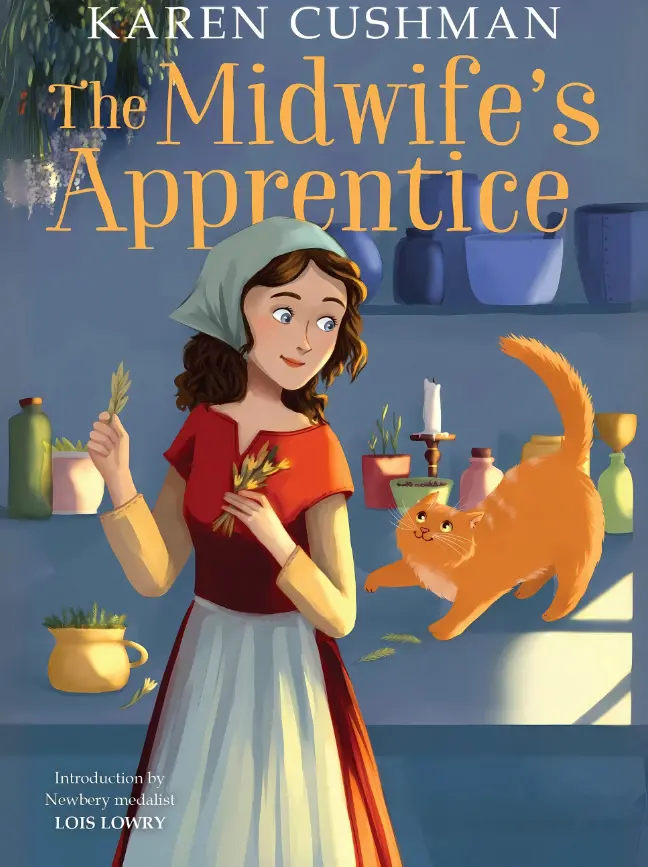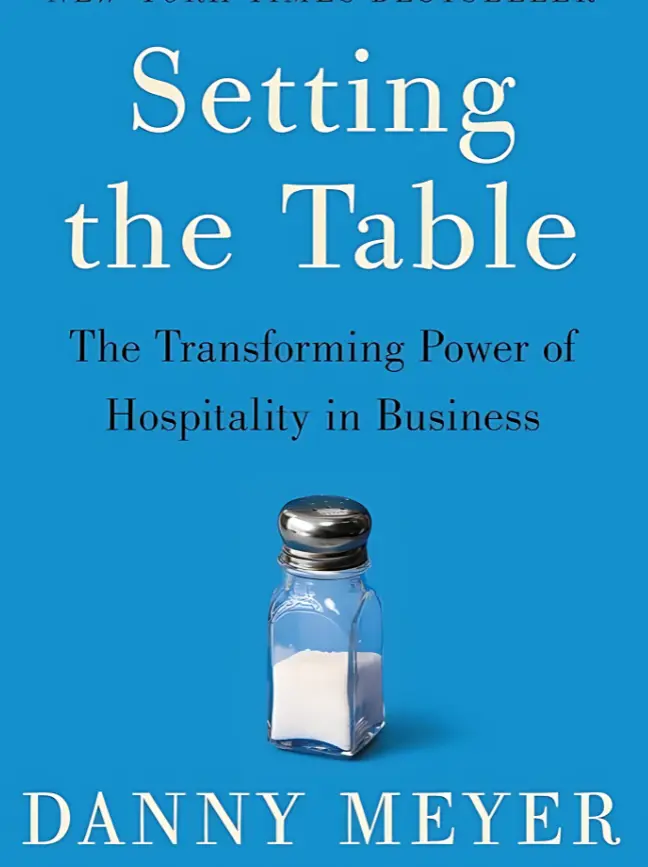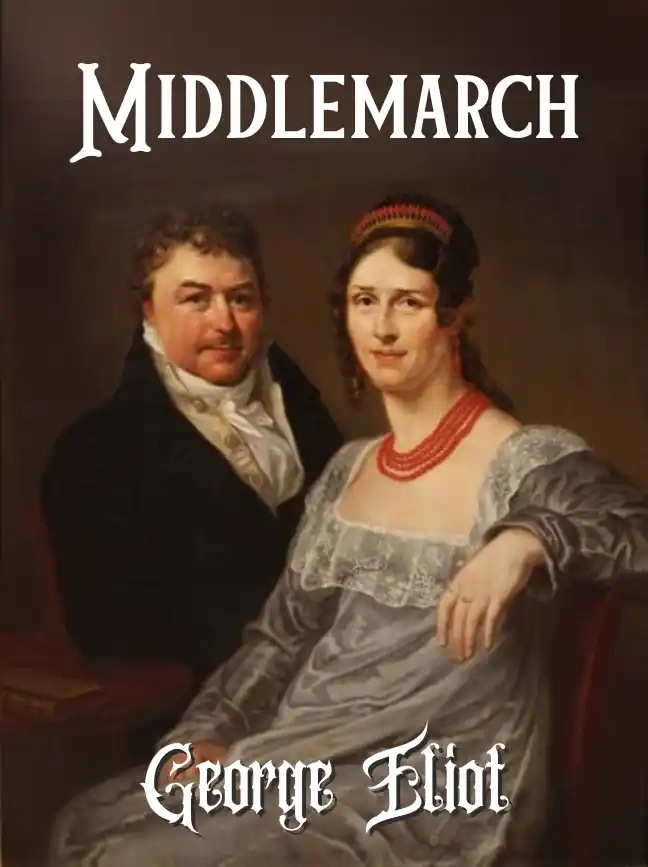HE WAS LYING on the
sofa in the homely, bare little sitting room; an uncomfortable stiff sofa, too short, too sharply upcurved at the end, but still a sofa, whereon one could, at a pinch, sleep.
Thereon Mr. Peebles slept, this hot still afternoon; slept uneasily, snoring a little, and twitching now and then, as one in some obscure distress.
Mrs. Peebles had creaked down the front stairs and gone off on some superior errands of her own; with a
good palm-leaf fan for a weapon, a silk umbrella for a defense.
“Why don’t you come too, Joan?” she had urged her sister, as she dressed herself for departure.
“Why should I, Emma? It’s much more comfortable at home. I’ll keep Arthur company when he wakes up.”
“Oh, Arthur! He’ll go back to the store as soon as he’s had his nap. And I’m sure Mrs. Older’s paper’ll be real interesting. If you’re
going to live here you ought to take an interest in the club, seems to me.”
“I’m going to live here as a doctor—not as a lady of leisure, Em. You go on— I’m contented.”
So Mrs. Emma Peebles sat in the circle of the Ellsworth Ladies’ Home Club, and improved her mind, while Dr. J. R. Bascom softly descended to the sitting room in search of a book she had been reading.
There was Mr. Peebles, still uneasily asleep. She sat
down quietly in a cane- seated rocker by the window and watched him awhile; first professionally, then with a deeper human interest.
Baldish, grayish, stoutish, with a face that wore a friendly smile for customers, and showed grave, set lines that deepened about the corners of his mouth when there was no one to serve; very ordinary in dress, in carriage, in appearance was Arthur Peebles at fifty. He was not “the slave of love” of the Arab tale, but the
slave of duty.
If ever a man had done his duty—as he saw it—he had done his, always.
His duty—as he saw it— was carrying women. First his mother, a comfortable competent person, who had run the farm after her husband’s death, and added to their income by summer boarders until Arthur was old enough to “support her.” Then she sold the old place and moved into the village to “make a home for Arthur,” who incidentally
provided a hired girl to perform the manual labor of that process.
He worked in the store. She sat on the piazza and chatted with her neighbors.
He took care of his mother until he was nearly thirty, when she left him finally; and then he installed another woman to make a home for him—also with the help of the hired girl. A pretty, careless, clinging little person he married, who had long made mute appeal to his strength and
carefulness, and she had continued to cling uninterruptedly to this day.
Incidentally a sister had clung until she married, another until she died; and his children—two daughters, had clung also. Both the daughters were married in due time, with sturdy young husbands to cling to in their turn; and now there remained only his wife to carry, a lighter load than he had ever known—at least numerically.
But either he was tired,
very tired, or Mrs. Peebles’ tendrils had grown tougher, tighter, more tenacious, with age. He did not complain of it. Never had it occurred to him in all these years that there was any other thing for a man to do than to carry whatsoever women came within range of lawful relationship.
Had Dr. Joan been—shall we say—carriageable—he would have cheerfully added her to the list, for he liked her extremely. She was different from any woman he had ever known, different
from her sister as dav from night, and, in lesser degree, from all the female inhabitants of Ellsworth.
She had left home at an early age, against her mother’s will, absolutely ran away; but when the whole countryside rocked with gossip and sought for the guilty man—it appeared that she had merely gone to college. She worked her way through, learning more, far more, than was taught in the curriculum; became a trained nurse, studied medicine, and had long since
made good in her profession. There were even rumors that she must be “pretty well fixed” and about to “retire”; but others held that she must have failed, really, or she never would have come back home to settle.
Whatever the reason, she was there, a welcome visitor; a source of real pride to her sister, and of indefinable satisfaction to her brother-in-law. In her friendly atmosphere he felt a stirring of long unused powers; he remembered funny stories, and how to
tell them; he felt a revival of interests he had thought quite outlived, early interests in the big world’s movements.
“Of all unimpressive, unattractive, good little men
—” she was thinking, as she watched, when one of his arms dropped off the slippery side of the sofa, the hand thumped on the floor, and he awoke and sat up hastily with an air of one caught off duty.
“Don’t sit up as suddenly as that, Arthur, it’s bad for
your heart.”
“Nothing the matter with my heart, is there?” he asked with his ready smile.
“I don’t know—haven’t examined it. Now—sit still
—you know there’s nobody in the store this afternoon— and if there is, Jake can attend to ’em.”
“Where’s Emma?”
“Oh, Emma’s gone to her ‘club’ or something— wanted me to go, but I’d rather talk with you.”
He looked pleased but
incredulous, having a high opinion of that club, and a low one of himself.
“Look here,” she pursued suddenly, after he had made himself comfortable with a drink from the swinging ice- pitcher, and another big cane rocker, “what would you like to do if you could?”
“Travel!” said Mr. Peebles, with equal suddenness. He saw her astonishment. “Yes, travel! I’ve always wanted to— since I was a kid. No use! We never could, you see.
And now—even if we could
—Emma hates it.” He sighed resignedly.
“Do you like to keep store?” she asked sharply.
“Like it?” He smiled at her cheerfully, bravely, but with a queer blank hopeless background underneath. He shook his head gravely. “No, I do not, Joan. Not a little bit. But what of that?”
They were still for a little, and then she put another question. “What would you have chosen—for a profession—if you had been
free to choose?”
His answer amazed her threefold; from its character, its sharp promptness, its deep feeling. It was in one word—“Music!”
“Music!” she repeated. “Music! Why I didn’t know you played—or cared about it.”
“When I was a youngster,” he told her, his eyes looking far off through the vine-shaded window, “Father brought home a guitar—and said it was for the one that learned to play
it first. He meant the girls of course. As a matter of fact I learned it first—but I didn’t get it. That’s all the music I ever had,” he added. “And there’s not much to listen to here, unless you count what’s in church. I’d have a Victrola—but—” he laughed a little shamefacedly, “Emma says if I bring one into the house she’ll smash it. She says they’re worse than cats. Tastes differ you know, Joan.”
Again he smiled at her, a droll smile, a little pinched at the corners. “Well—I
must be getting back to business.”
She let him go, and turned her attention to her own business, with some seriousness.
“Emma,” she proposed, a day or two later. “How would you like it if I should board here—live here, I mean, right along.”
“I should hope you would,” her sister replied. “It would look nice to have you practising in this town and not live with me—all the sister I’ve got.”
“Do you think Arthur would like it?”
“Of course he would! Besides—even if he didn’t
—you’re my sister—and this is my house. He put it in my name, long ago.”
“I see,” said Joan, “I see.” Then after a little
—“Emma—are you
contented?”
“Contented? Why, of course I am. It would be a sin not to be. The girls are well married—I’m happy about them both. This is a real comfortable house, and
it runs itself—my Matilda is a jewel if ever there was one. And she doesn’t mind company—likes to do for ’em. Yes—I’ve nothing to worry about.”
“Your health’s good— that I can see,” her sister remarked, regarding with approval her clear complexion and bright eyes.
“Yes—I’ve nothing to complain about—that I know of,” Emma admitted, but among her causes for thankfulness she did not even mention Arthur, nor
seem to think of him till Dr. Joan seriously inquired her opinion as to his state of health.
“His health? Arthur’s? Why he’s always well. Never had a sick day in his life—except now and then he’s had a kind of a breakdown,” she added as an afterthought.
Dr. Joan Bascom made acquaintances in the little
town, both professional and social. She entered upon her practise, taking it over from the failing hands of old Dr. Braithwaite—her first friend, and feeling very much at home in the old place. Her sister’s house furnished two comfortable rooms downstairs, and a large bedroom above. “There’s plenty of room now the girls are gone,” they both assured her.
Then, safely ensconced and established, Dr. Joan began a secret campaign to alienate the affections of her
brother-in-law. Not for herself—oh no! If ever in earlier years she had felt the need of some one to cling to, it was long, long ago. What she sought was to free him from the tentacles—without re-entanglement.
She bought a noble gramophone with a set of first-class records, told her sister smilingly that she didn’t have to listen, and Emma would sit sulkily in the back room on the other side of the house, while her husband and sister enjoyed the music. She grew used to
it in time, she said, and drew nearer, sitting on the porch perhaps; but Arthur had his long-denied pleasure in peace.
It seemed to stir him strangely. He would rise and walk, a new fire in his eyes, a new firmness about the patient mouth, and Dr. Joan fed the fire with talk and books and pictures with study of maps and sailing lists and accounts of economical tours.
“I don’t see what you two find so interesting in all that
stuff about music and those composers,” Emma would say. “I never did care for foreign parts—musicians are all foreigners, anyway.”
Arthur never quarrelled with her; he only grew quiet and lost that interested sparkle of the eye when she discussed the subject.
Then one day, Mrs. Peebles being once more at her club, content and yet aspiring, Dr. Joan made bold attack upon her brother-in- law’s principles.
“Arthur,” she said. “Have
you confidence in me as a physician?”
“I have,” he said briskly. “Rather consult you than any doctor I ever saw.”
“Will you let me prescribe for you if I tell you you need it?”
“I sure will.”
“Will you take the prescription?”
“Of course I’ll take it—no matter how it tastes.”
“Very well. I prescribe two years in Europe.”
He stared at her, startled.
“I mean it. You’re in a more serious condition than you think. I want you to cut clear—and travel. For two years.”
He still stared at her. “But Emma—”
“Never mind about Emma. She owns the house. She’s got enough money to clothe herself—and I’m paying enough board to keep everything going. Emma doesn’t need you.”
“But the store—”
“Sell the store.”
“Sell it! That’s easy said.
Who’ll buy it?”
“I will. Yes—I mean it. You give me easy terms and I’ll take the store off your hands. It ought to be worth seven or eight thousand dollars, oughtn’t it—stock and all?”
He assented, dumbly. “Well, I’ll buy it. You can
live abroad for two years, on
a couple of thousand, or twenty-five hundred—a man of your tastes. You know those accounts we’ve read—
it can be done easily. Then you’ll have five thousand or so to come back to—and can invest it in something better than that shop. Will you do it—?”
He was full of protests, of impossibilities.
She met them firmly. “Nonsense! You can too. She doesn’t need you, at alt
—she may later. No—the girls don’t need you—and they may later. Now is your time—now. They say the Japanese sow their wild oats after they’re fifty—suppose
you do! You can’t be so very wild on that much money, but you can spend a year in Germany—learn the language—go to the opera— take walking trips in the Tyrol—in Switzerland; see England, Scotland, Ireland, France, Belgium, Denmark
—you can do a lot in two years.”
He stared at her fascinated.
“Why not? Why not be your own man for once in your life—do what you want to—not what other people
want you to?”
He murmured something as to “duty”—but she took him up sharply.
“If ever a man on earth has done his duty, Arthur Peebles, you have. You’ve taken care of your mother while she was perfectly able to take care of herself; of your sisters, long after they were; and of a wholly able- bodied wife. At present she does not need you the least bit in the world.”
“Now that’s pretty strong,” he protested.
“Emma’d miss me—I know she’d miss me—”
Dr. Bascom looked at him affectionately. “There couldn’t a better thing happen to Emma—or to you, for that matter—than to have her miss you, real hard.”
“I know she’d never consent to my going,” he insisted, wistfully.
“That’s the advantage of my interference,” she replied serenely. “You surely have a right to choose your doctor, and your doctor is seriously concerned about your health
and orders foreign travel— rest—change—and music.”
“But Emma—”
“Now, Arthur Peebles, forget Emma for a while— I’ll take care of her. And look here—let me tell you another thing—a change like this will do her good.”
He stared at her, puzzled. “I mean it. Having you
away will give her a chance
to stand up. Your letters— about those places—will interest her. She may want to go, sometime. Try it.”
He wavered at this. Those who too patiently serve as props sometimes underrate the possibilities of the vine.
“Don’t discuss it with her
—that will make endless trouble. Fix up the papers for my taking over the store
—I’ll draw you a check, and you get the next boat for England, and make your plans from there. Here’s a banking address that will take care of your letters and checks—”
The thing was done! Done before Emma had time to
protest. Done, and she left gasping to upbraid her sister.
Joan was kind, patient, firm as adamant.
“But how it looks, Joan— what will people think of me! To be left deserted— like this!”
“People will think according to what we tell them and to how you behave, Emma Peebles. If you simply say that Arthur was far from well and I advised him to take a foreign trip—and if you forget yourself for once, and show
a little natural feeling for him—you’ll find no trouble at all.”
For her own sake the selfish woman, made more so by her husband’s unselfishness, accepted the position. Yes—Arthur had gone abroad for his health— Dr. Bascom was much worried about him—chance of a complete breakdown, she said. Wasn’t it pretty sudden? Yes—the doctor hurried him off. He was in England—going to take a walking trip—she did not know when he’d be back.
The store? He’d sold it.
Dr. Bascom engaged a competent manager who ran that store successfully, more so than had the unenterprising Mr. Peebles. She made it a good paying business, which he ultimately bought back and found no longer a burden.
But Emma was the principal charge. With talk, with books, with Arthur’s letters followed carefully on maps, with trips to see the girls, trips in which travelling lost its terrors,
with the care of the house, and the boarder or two they took “for company,” she so ploughed and harrowed that long fallow field of Emma’s mind that at last it began to show signs of fruitfulness.
Arthur went away leaving a stout, dull woman who clung to him as if he was a necessary vehicle or beast of burden—and thought scarcely more of his constant service.
He returned younger, stronger, thinner, an alert vigorous man, with a mind
enlarged, refreshed, and stimulated. He had found himself.
And he found her, also, most agreeably changed; having developed not merely tentacles, but feet of her own to stand on.
When next the thirst for travel seized him she thought she’d go too, and proved unexpectedly pleasant as a companion.
But neither of them could ever wring from Dr. Bascom any definite diagnosis of Mr. Peebles’ threatening disease.
“A dangerous enlargement of the heart” was all she would commit herself to, and when he denied any such trouble now, she gravely wagged her head and said “it had responded to treatment.”








